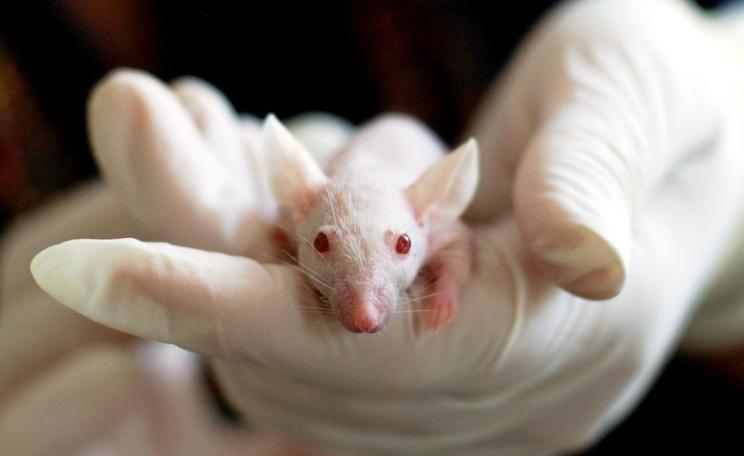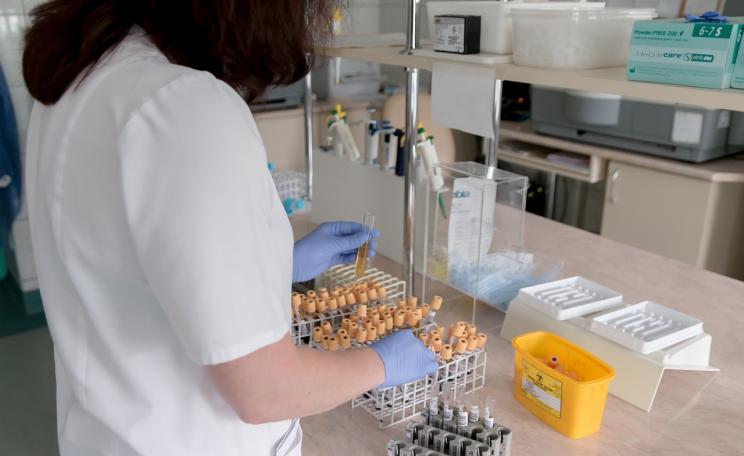We're now safely bypassing animal experiments in favour of methods that'll tell us what does – and what doesn't – work in humans far more quickly.
PETA is urging Boris Johnson to seize this watershed moment in history by rejecting animal experiments and moving all vaccines straight to human trials.
New vaccine candidates have been moved straight to human trials without first going through all the usual animal tests, and PETA scientists want it to stay that way.
PETA shared its Research Modernisation Deal, which lays bare the failure of animal "models" and outlines a strategy for modernising biomedical research and regulatory testing, in letters sent to leaders of all British nations this week.
Research
The Research Modernisation Deal points to studies showing that 90 percent of basic research, most of which involves animals, fails to lead to human therapies – as well as evidence that 95 percent of all new medications that test safe and effective in animals fail in human clinical trials.
Failure rates are even higher in certain disease research areas, including Alzheimer's (99.6 percent), cancer (96.6 percent), HIV/AIDS (100 percent), and stroke (100 percent). Yet over 3.5 million procedures were carried out on animals in UK laboratories in 2018 alone – recent reports show that the country is the most prolific user of animals in Europe.
Dr Julia Baines, PETA science policy manager, said: "Covid-19 has given impetus to better ways of conducting scientifically sound, human-relevant research.
"We're now safely bypassing animal experiments in favour of methods that'll tell us what does – and what doesn't – work in humans far more quickly. This is the essence of the Research Modernisation Deal, and now is the moment to embrace it."
Strategy
The Research Modernisation Deal provides a detailed strategy for freeing up funds for available human-relevant methods, including by immediately eliminating the use of animals in areas in which they have already been shown to be poor surrogates for humans.
The deal also critically reviews other areas of research to determine where animal use can be phased out, and suggests a harmonised system for ensuring the most up-to-date, human-relevant methods are used.
This Author
Brendan Montague is editor of The Ecologist. This article is based on a press release from PETA.







